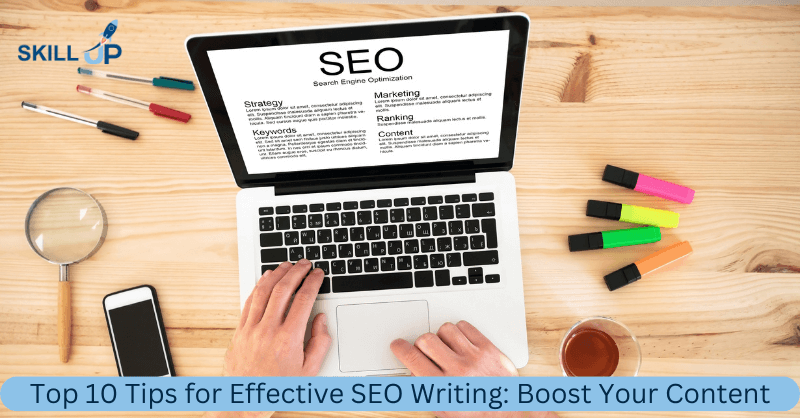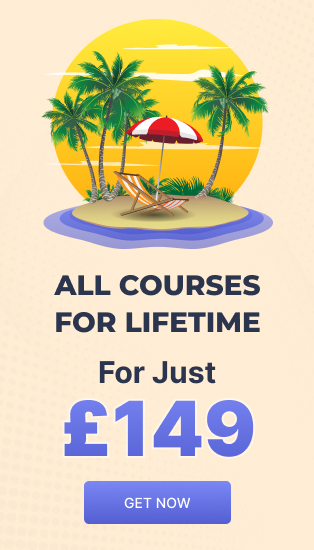
SEO writing is important to improving the visibility of your content and increasing organic traffic to your website. It can assist you in writing articles that fascinate your readers and rank high in search engine results pages. To that end, five tips for creating excellent SEO content have been provided. You may improve your writing skills and attract a bigger audience by applying new SEO strategies and obtaining insight into your customers’ desires. This article aims to help you consider your writing strategy and increase the impact of your material.
Table of Contents
1. Keyword Research: The Foundation
Carefully selecting keywords is the first step in starting an SEO writing career. This process involves identifying phrases and terms your target audience frequently searches for. To find these golden keywords, use tools like Google Keyword Planner or SEMrush. Remember that choosing the perfect keywords is like uncovering a treasure chest of prospective traffic.
2. Focus on Search Intent
Aligning your content with user search intent is paramount. Search engines highlight content that best responds to users’ requests. As a result, determine whether your target audience is seeking for information, a product, or a specific website. Tailor your content to meet these needs precisely.
3. Craft Compelling Headlines
Your headline is your first, and possibly only, impression. Make it count. An appealing title should be straightforward and include your major keyword. Use tools like CoSchedule’s Headline Analyzer to improve the effect of your headlines.
4. Optimize Meta Descriptions
Meta descriptions provide a sneak peek of your content on SERPs. Summarize your article and include the focus keyword in the meta description. This tiny snippet can significantly affect your click-through rate.
SEO: Google Ranking and Keyword Research
SEO: Google Ranking and Keyword Research
5. Prioritize Readability
Impressing readers should be just as important when writing for search engines as impressing machines. Use subheadings, bullet points, and short paragraphs to make your work easier to read. Yoast SEO is one tool that might assist you in assessing how readable your content is.
6. Use Keywords Naturally
While keywords are vital, they should flow seamlessly within your content. Overstuffing keywords can harm your SEO efforts. Aim for natural keyword incorporation while retaining the quality and readability of your text.
7. Leverage Internal and External Links
Links are the highways of the internet. Use internal links to keep readers engaged and external links to respected sites to increase credibility. Both are required for an effective SEO strategy.
8. Optimize for Mobile
To succeed in today’s digital landscape, mobile optimization is an absolute must. A mobile-friendly website is a must-have for success. It boosts search rankings and user experience. Act now and make your website responsive!
9. Utilize Social Media Sharing
Social media is an excellent approach to reach a larger audience with your content. Share your website on Facebook, Twitter, and LinkedIn to increase visibility and traffic. You may increase your internet visibility and make more leads, sales, and revenue with the aid of social media marketing.
10. Monitor and Update Content Regularly
SEO is an ongoing process. Regularly monitor your content’s performance using tools like Google Analytics. Keep your articles updated for high search rankings and relevance.
SEO Masterclass
SEO Masterclass
Conclusion
Effective SEO writing confidently merges creative expression with strategic optimization. By following these top 10 suggestions, you will be able to develop content that not only engages readers but also search engines. SEO writing is continually evolving. Keep up with search engine trends and algorithm upgrades to keep your content visible and intriguing. Your content’s search engine rankings will improve, increasing your online visibility and interaction.
FAQs
To stay relevant and boost your search ranking, update your material every six months.
Revamping old content with fresh information and keywords can boost its effectiveness.
Longer content usually ranks higher because it provides more detailed information. However, the content must still be relevant and of good quality.










